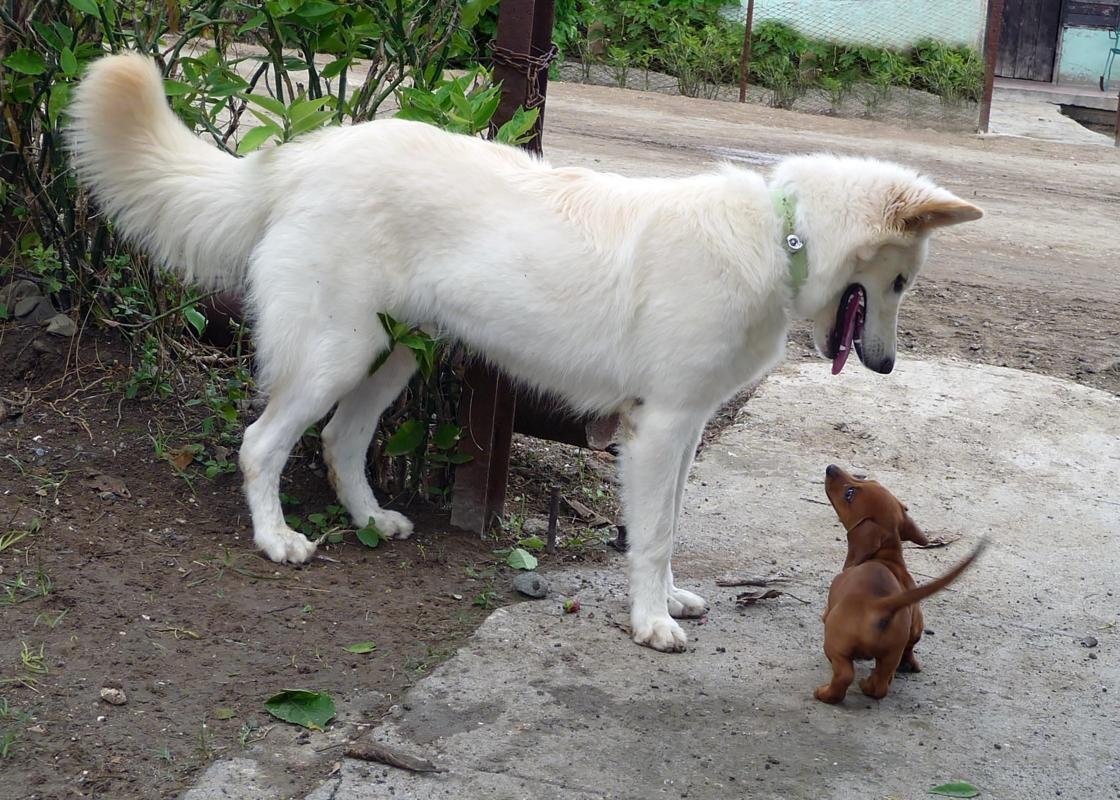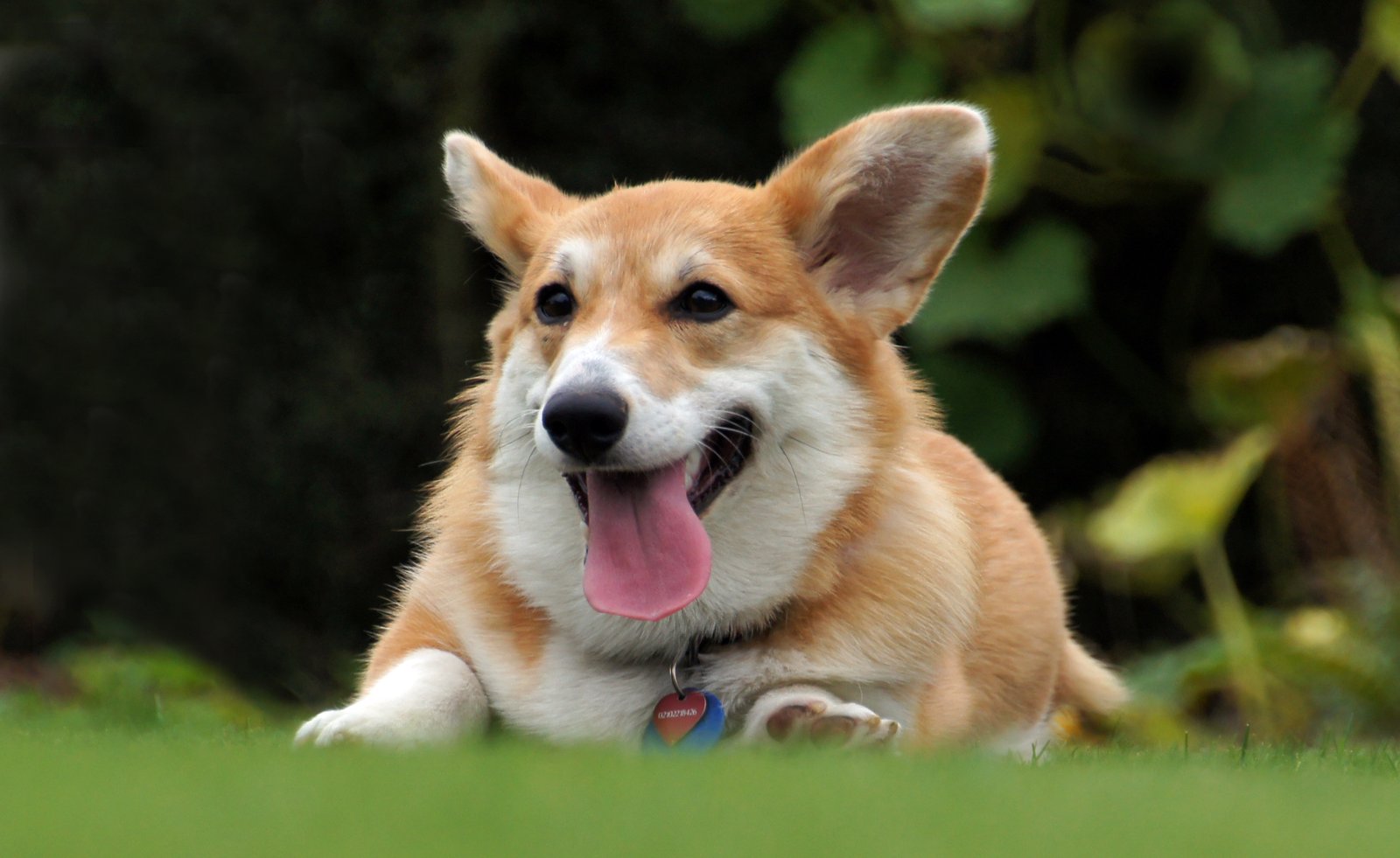Are you dreaming of an energetic companion to join you on your retirement adventures? Picture this: the open road ahead, hiking trails calling your name, and a loyal dog trotting at your side. Retirement is your time to embrace life’s joys, and the right dog can make every day brighter, funnier, and more fulfilling. But with so many breeds to choose from, how do you find the perfect match for your active lifestyle? Let’s dive into the essential steps to help you pick the canine partner who will not only keep up with you, but also bring boundless joy to your golden years.
Understanding Your Activity Level

Before you start searching for a dog, take a moment to reflect on your daily routines and favorite activities. Are you someone who loves daily jogs, long hikes, or biking trips? Or do you prefer brisk walks and gardening? Matching a dog’s energy level to your own is the secret to a harmonious partnership. For example, high-energy breeds like Border Collies thrive on constant movement and mental stimulation, while some medium-energy breeds are content with regular walks and playtime. Ask yourself what activities you want to share with your dog—your honest answer will shape your breed choice and ensure both you and your furry friend stay happy and healthy.
Assessing Your Living Environment
Your home environment is just as important as your activity level. Do you live in a spacious suburban house with a big backyard, or are you in a cozy city apartment near scenic parks? Some breeds, like Labrador Retrievers, appreciate having space to roam, while others, such as some terriers, adapt well to smaller living spaces as long as they get plenty of outdoor exercise. Consider whether your neighborhood has safe walking trails, dog parks, or even a lake for swimming. Your environment plays a big role in a dog’s happiness and health, so it’s vital to match a breed’s needs to your living situation.
Considering Size and Strength

Dog size matters more than you might expect, especially if you plan on traveling or enjoy outdoor excursions. Larger breeds like Golden Retrievers or German Shepherds are strong, athletic, and often make excellent hiking partners. However, they can also require more space and strength to manage on a leash. Smaller breeds, such as Cocker Spaniels or Beagles, are easier to handle physically and can still be lively and adventurous. Think about your own comfort with lifting, grooming, and even the logistics of travel—can your future dog fit easily into your car or RV? Size isn’t just about cuteness; it’s about practicality for your lifestyle.
Energy Levels and Exercise Needs
Not all active dogs are created equal when it comes to stamina and exercise needs. Breeds like the Australian Shepherd are known for their boundless energy and will need a couple of hours of vigorous exercise each day. Others, like the Brittany Spaniel, are energetic but happy with a mix of walks and off-leash runs. If you plan on hiking mountains or running daily, you’ll want a breed that won’t tire out before you do. On the other hand, if you’re active but not extreme, consider breeds with moderate exercise requirements to avoid frustration for both you and your new companion.
Temperament: Finding the Right Personality

Temperament can be the magic ingredient that makes your relationship with your dog truly special. Do you want a dog that’s eager to learn, easy to train, and always ready for a new adventure? Or do you prefer a steady, gentle companion who’s just as happy snuggling after a walk? Breeds like Labradors and Golden Retrievers are known for their friendly, outgoing personalities and adaptability. Meanwhile, breeds like the Vizsla or Standard Poodle are intelligent, sensitive, and thrive when engaged mentally and physically. Think about the qualities you value most in a companion, and look for breeds that embody those traits.
Grooming and Maintenance Considerations

An active lifestyle often means dirt, mud, and the occasional dip in a lake or stream. Some breeds, like the Siberian Husky or Bernese Mountain Dog, have thick coats that require regular brushing to keep them healthy and comfortable. Others, such as Boxers or Whippets, have short coats that are easier to maintain. Keep in mind that grooming isn’t just about looks—it’s also about your dog’s health and your willingness to keep up with their needs. If you’re not keen on frequent brushing or trips to the groomer, look for breeds with lower maintenance coats.
Health and Longevity
When choosing a breed for your retirement years, it’s wise to consider health issues and average lifespans. Some breeds are prone to specific health problems, such as hip dysplasia, heart conditions, or allergies, which might require special care and regular veterinary visits. Smaller and medium-sized breeds often live longer than their giant breed counterparts, sometimes reaching 15 years or more. A healthy dog can be a partner for years of adventures, but it’s smart to do your research and pick a breed known for resilience and good health to minimize heartbreak and unexpected costs.
Lifestyle Compatibility and Travel Plans
Retirement often means more time for travel and exploration, and a dog that can join you on your journeys is a dream come true. Some breeds adapt better to new environments, car rides, and changing routines than others. For example, the Portuguese Water Dog and Miniature Schnauzer are known for their adaptability and love for new experiences. Think about how often you plan to travel, whether you’ll be camping or staying in hotels, and if your chosen dog can handle those adventures. A flexible, social dog will make every trip more enjoyable and stress-free.





